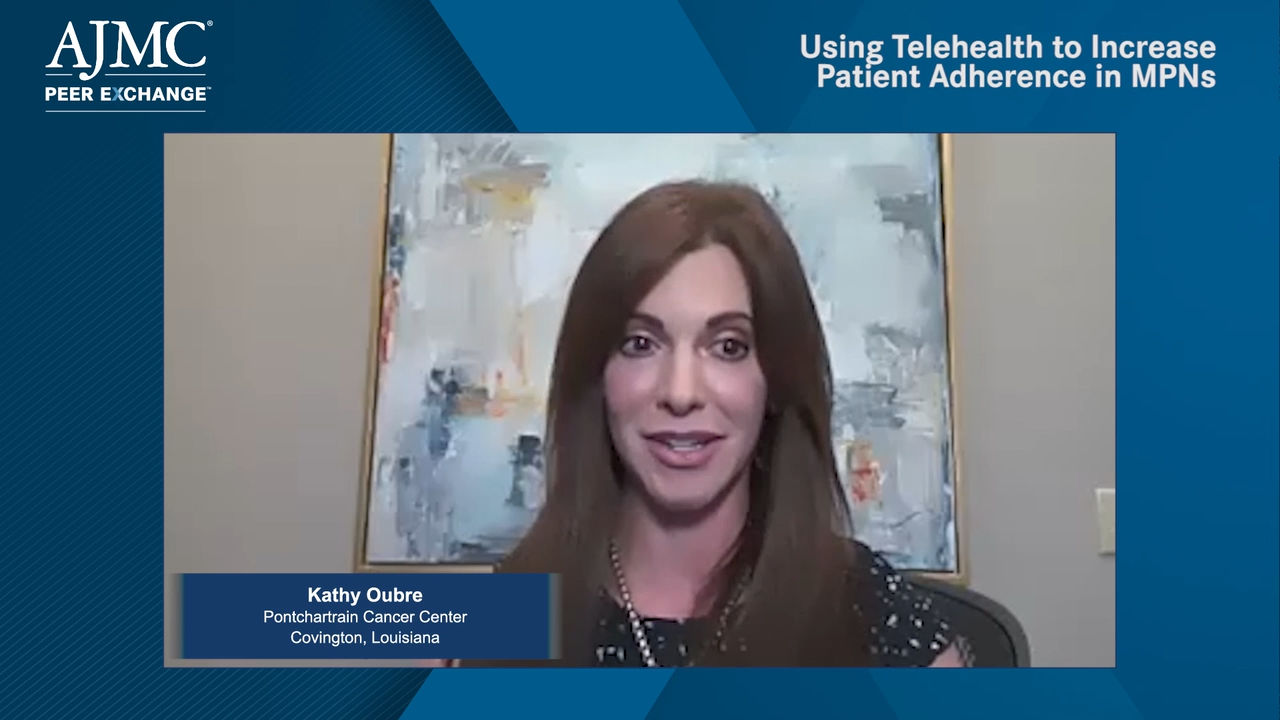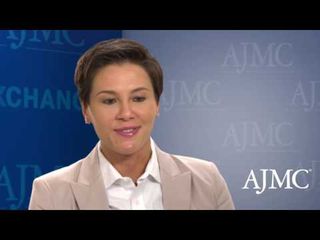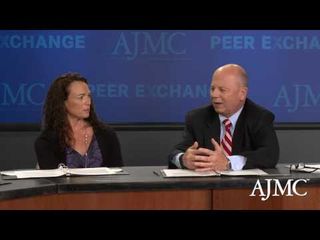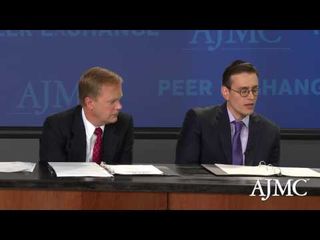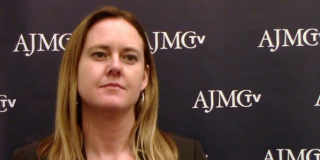
Rare Disease
Latest News

Latest Videos

CME Content
More News
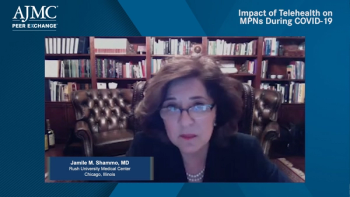
Jamile M. Shammo, MD, comments on telehealth and the impact on patients who have MPNs during the COVID-19 pandemic.
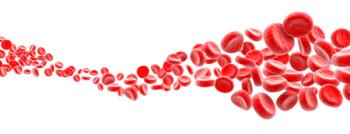
According to the researchers, few treatments have been able to reduce the thrombotic burden in patients with polycythemia vera (PV) and essential thrombocytopenia (ET), and progress on this front has been hindered by a lack of studies designed to assess a treatment’s impact on thrombotic events.

The researchers of the study say their findings may aid the hematological community in determining the value of integrating gene expression profiles in contemporary prognostic models to better identify high-risk patients with a poor prognosis.
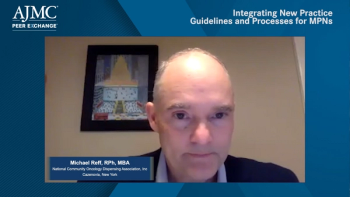
Kathy Oubre and Michael Reff, RPh, MBA, reflect on reactions to new guidelines for managing MPNs and how practices are integrating the new process, while Ruben Mesa, MD, shares his experience.
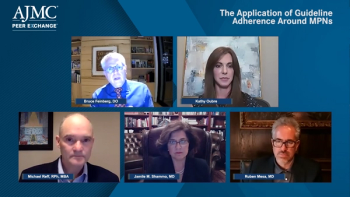
Ruben Mesa, MD, and Jamile M. Shammo, MD, discuss treatment guidelines, pathways, and pharmacologic treatment options that play a role in the standard of care for MPNs.

While the findings of the small study indicate that there was no statistically significant difference in the rate of vascular complications between White and non-White patients with disease, there were differences in survival.

Study findings detail the researchers’ ability to prevent stroke in 11 patients ranging in age from 18 months to 15 years
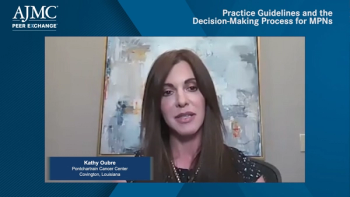
Michael Reff, RPh, MBA, and Kathy Oubre explain the internal guiding documents that aid a practice’s decision-making and workflow when treating patients with MPNs.

Ruben Mesa, MD, and Jamile M. Shammo, MD, discuss available treatment options, such as JAK inhibitors, and the goals of treatment for patients with MPNs.
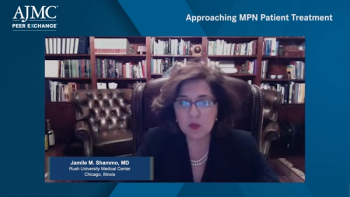
Jamile Shammo, MD, reviews methods for approaching patient treatment of MPNs and how it differs for each patient and symptom.
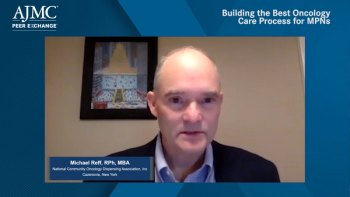
Kathy Oubre and Michael Reff, RPh, MBA, explain how they built the process and success factors of quality oncology care for MPNs.
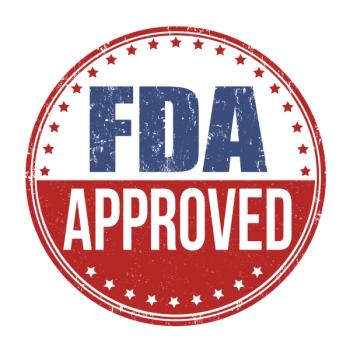
The disorder known as molybdenum cofactor deficiency (MoCD) Type A presents shortly after birth, often with severe encephalopathy and intractable seizures.

Most orphan drug spending does not actually go to patients with rare diseases, a new study shows.

Researchers identified variants of 9 genes that increase the risk of developing the rare disease.
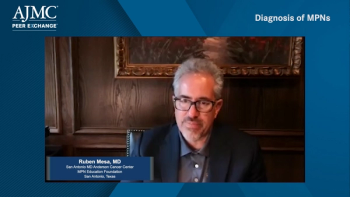
Ruben Mesa, MD, discusses presentation and diagnosis of MPNs as well as life expectancies of ET [essential thrombocythemia], PV [polycythemia vera], and MF [myelofibrosis].
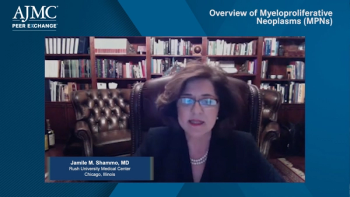
Jamile Shammo, MD, reviews the various types of MPNs [myeloproliferative neoplasms] and how they differ from MDS [myelodysplastic syndrome].

The FDA has granted priority review of the supplemental New Drug Application for ruxolitinib for the treatment of steroid-refractory chronic graft-versus host disease (GVHD).

The top 5 most-read stories of 2020 about rare diseases on AJMC.com focused mainly on new and noteworthy treatment options for a variety of conditions.

Clarence Moore, PharmD, BCPS, BCOP, assistant professor at Shenandoah University in Ashburn, Virginia, discusses whether treatment methods for beta thalassemia are accessible to patients.

AstraZeneca has agreed to acquire Alexion Pharmaceuticals for $39 billion; CDC issues coronavirus disease 2019 (COVID-19) vaccine guidance for those with a history of severe reactions to vaccines; 2.9 million COVID-19 vaccine doses began traveling this past weekend to all 50 states.

Clarence Moore, PharmD, BCPS, BCOP, assistant professor at Shenandoah University in Ashburn, Virginia, discusses how stem cell therapy and heart health can help patients manage beta thalassemia.

A funding dispute over how to account for a Veterans Affairs (VA) health care program is stalling deal to fund the government for another year; the Supreme Court rules in a case involving states and pharmacy benefit managers (PBMs); the antiepileptic drug ezogabine lowered the pathologic excitability of cortical and spinal motor neuron cells, which have a role in amyotrophic lateral sclerosis (ALS).

Researchers identified new genetic associations that can predict individuals’ susceptibility to Takayasu arteritis, a rare type of vasculitis.

The new data provide hope that the therapy will prove effective for a patient group with limited options.

Avazo-Healthcare warned by the FDA about its coronavirus disease 2019 (COVID-19) testing kits; Pfizer, BioNTech get first COVID-19 vaccine approval; risk for Guillan-Barré syndrome from flu vaccine deemed insignificant.



